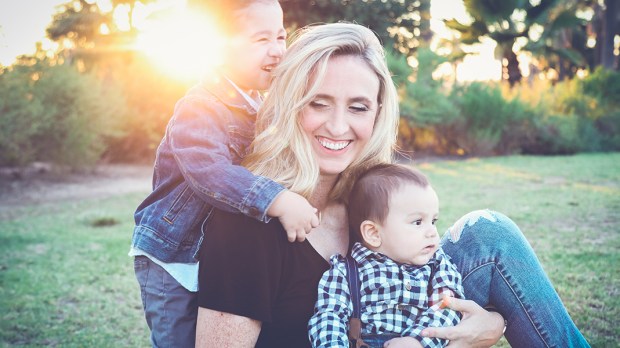To understand why certain behaviors of your child frustrates, disappoints, or makes you rejoice, you must first understand yourself. How can you learn more about your own personality and better relate to your child? Claire Deprey, a marriage and family therapist, offers some advice.
Why should we always take our child’s personality into consideration?
Claire Deprey : First of all it’s important to do, because you must avoid hurting them. So, you know how to adjust your reactions, demands and requirements when you reach out to them. Kids evolve in their family and social environment. They adapt their behavior depending on their personality and their experiences, and that from the moment they are still in the womb. So, it’s vital that we know things that frighten or hurt them, as well as things that make them happy and open them up.
So, there a risk shutting them down?
CD: Indeed, there is this risk! But a child’s personality may evolve. Parents can help their child to improve, to channel their energy, but it’s very important they don’t attempt to change them! A human being can accumulate good or bad traits well into adulthood. When children are shut off, they become prisoners of their own personality, with everything this may entail.
So it’s important that the parents know their own personality to adjust their parenting techniques?
CD: It’s fundamental for good parenting. Even though, we discover and learn a lot about ourselves on becoming a parent. But I am always very suspicious of these workshops that propose to teach you the “right” parenting techniques. Using them without making sure they are adapted to our own temperament can have a negative effect. Instead it often makes the parents conclude that they are horrible at parenting or that their child is the worst in the world.
First, you must work on yourself, if you wish to see why such or such behavior of your child frustrates, disappoints or makes you happy, to understand which of your own childhood behaviors you’ve been reproducing and why. All this introspective work to learn about yourself (both parents!) will only help you to adapt your own parenting techniques and take a benevolent look at your own attempts to be a good parent.
Kids with different personalities require different parenting approach. Can it become too taxing on the parents?
CD: Each family possesses its general parenting method based on the educational values they share and a more individual approach. This attention paid to the individual child is a recent phenomenon. It’s necessary, because each child is unique. But it can cause stress and do harm. If you constantly treat them differently, your child may assume that he or she is like no one else. And this situation may lead them to conclude that they may do anything they want. This can be taxing on the parents and become a source of jealousy for other siblings. So, everything is a question of measure and sensibility. We must pay attention to each of our kids, while keeping in mind the values we wish to pass on to all of them.
Interview by Antoine Pasquier

Read more:
What’s your “stress personality”?

